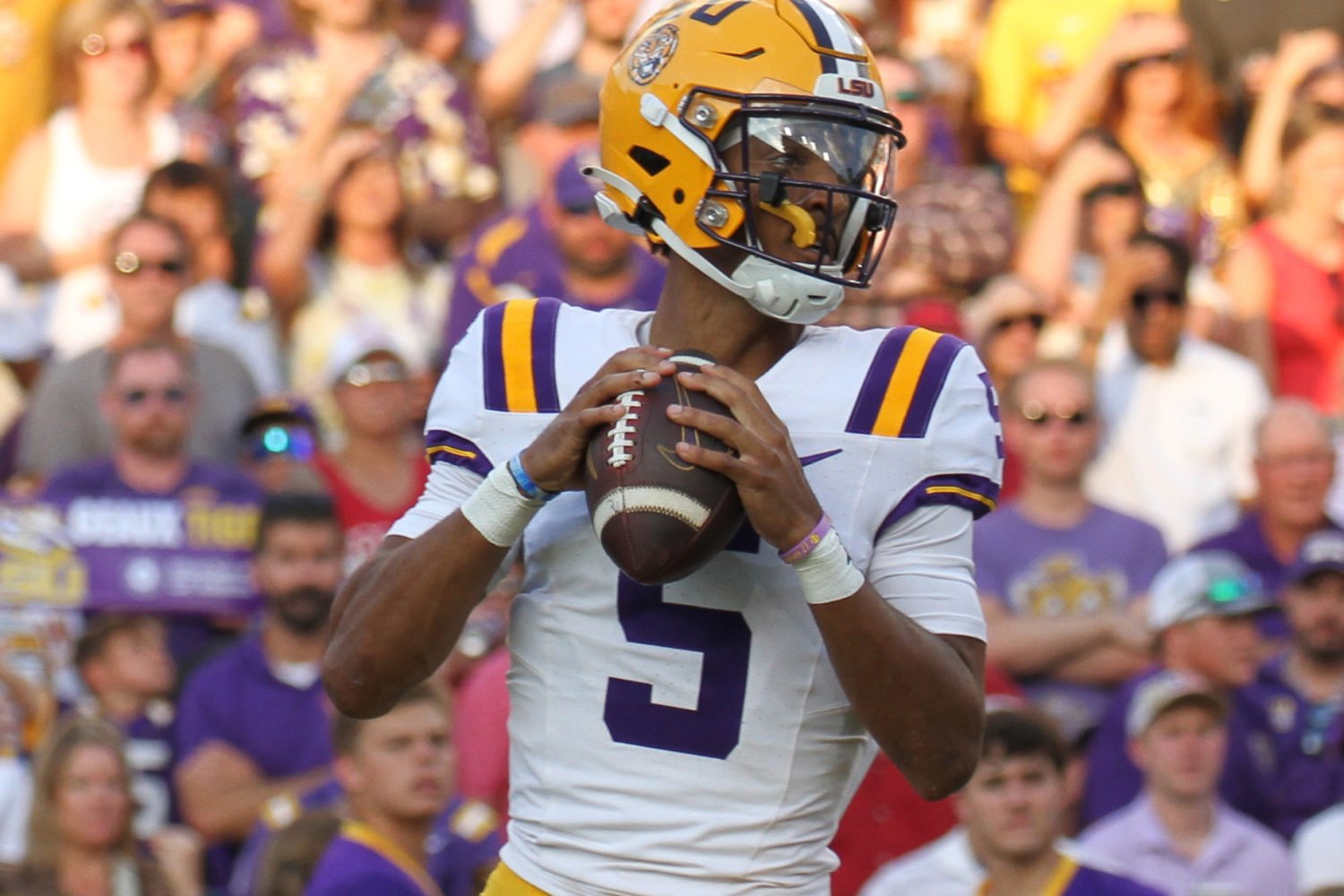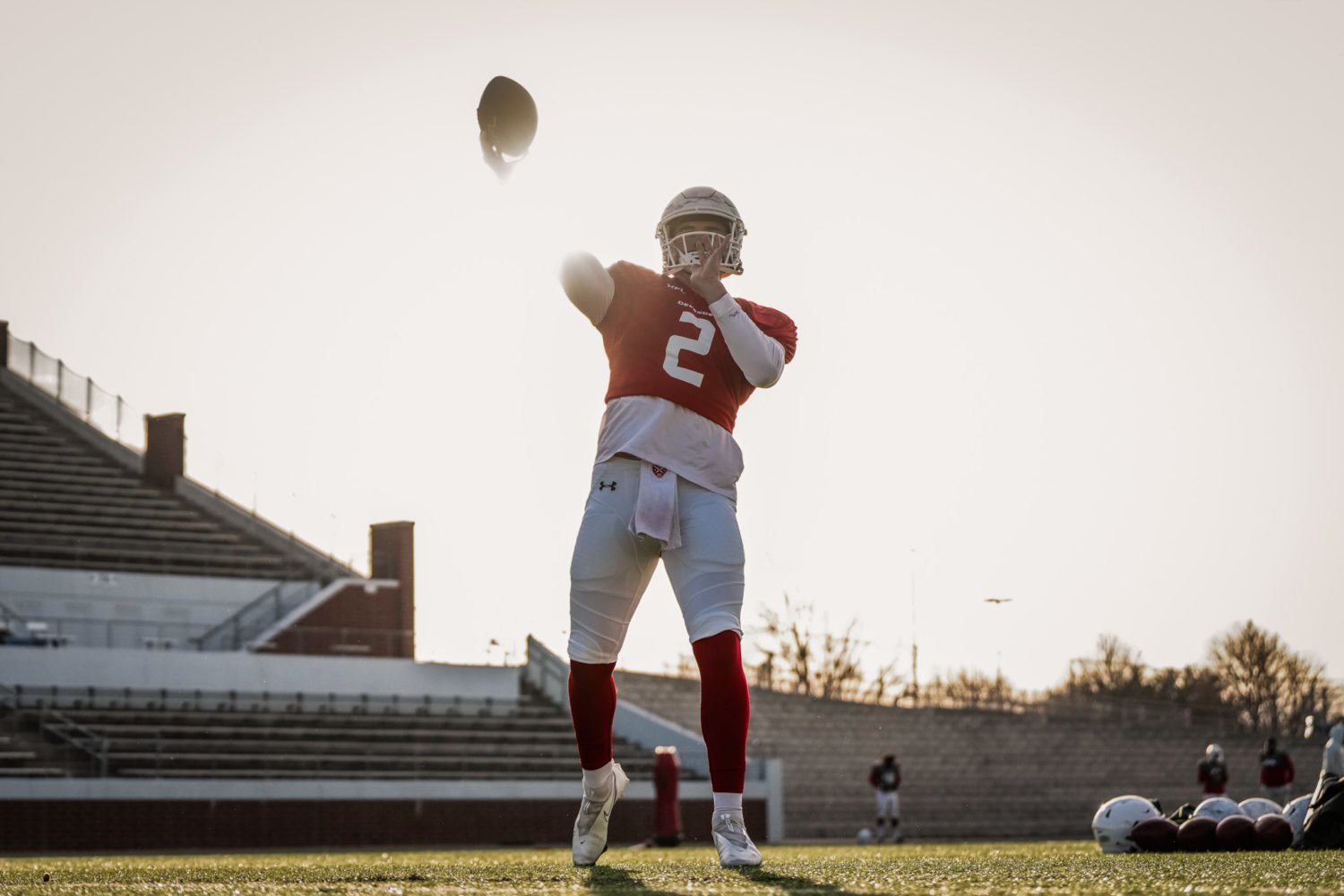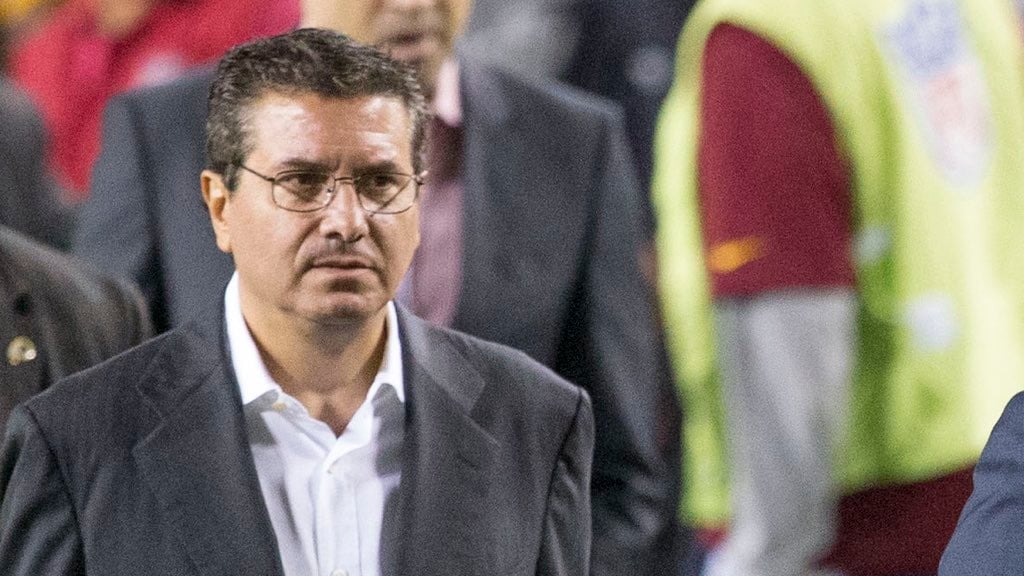We’re in a season of renamings, here in Washington and around the country. Statues are being removed, schools are being rebranded, highways and streets and buildings are being scrutinized by a city that may have stopped thinking about their actual eponyms a generation or two ago.
This drive to reconsider whom we memorialize in our public spaces predates the current national reckoning over race. But rules and standards are changing in interesting ways. Even before 2020, it was fairly well agreed locally that names of Civil War traitors—people primarily remembered for having gone to war against the United States on behalf of a rebellion to preserve slavery—were a blight: Robert E. Lee, Jefferson Davis, and Stonewall Jackson were already being yanked.
There was less agreement about what to do with people whose statues hadn’t been specifically erected to honor something abhorrent. Take Woodrow Wilson, whose name has adorned a high school in Northwest DC since 1935. There’s no evidence that Wilson’s name was chosen to celebrate his personal racism or his efforts to resegregate government offices. Most likely, he was deemed worthy of a high school because he was the reformist, progressive President who led the country through World War I. But especially in Washington, a city whose African American population long relied on merit-based access to government jobs, his name is problematic. Last month, DC mayor Muriel Bowser said she thought the school’s commemoration of him should change.
It’s likely that a lot of other people in Wilson’s category—honored for decent reasons, marred by indecent records—will meet the same fate. But while activists, the federal government, and communities across the region debate the new standards for who should stay and who should go, there’s less clarity on the next question: What should the new names be?
In theory, it ought to be easy. This country, like this region, has produced a lot of worthy leaders and heroes whose names should be on parks and airports—but who, perhaps, came along after most such facilities already had names. We can also think beyond the usual categories. Most of our schools, highways, and public statues date to a period when the roster of possible people to honor was limited to generals, politicians, and perhaps the odd inventor, thinker, or captain of industry. There are plenty of artists, playwrights, and labor leaders whose names would be inspiring choices.
Then there’s the idea of not using names at all. Just as a lot of our modern monuments, such as the Vietnam Veterans Memorial, focus on broad themes rather than individual heroes, a number of recent school renamings have honored aspirational ideas rather than exemplary people. When Arlington’s Washington-Lee High School dropped the Confederate general from its name, it became Washington-Liberty High School.
One problem with rechristening streets and schools is that, unlike statues, you actually need to remember their new monikers for practical purposes. It’s great news that Jefferson Davis’s name was removed from a highway in Alexandria, but it sort of defeats the purpose if you’re trying to give someone directions and wind up using his disgraceful name because you can’t remember the new one. (It’s Richmond Highway.) There’s a logistical argument for being a bit creative when it comes to landmarks. Some people, for instance, have suggested that Wilson High be renamed after August Wilson, avoiding school-name confusion while honoring a groundbreaking Black playwright.
The biggest impending rebranding, of course, will not be easily forgotten. This week, Washington’s NFL team announced it would drop its racial-slur nickname, though it didn’t reveal a new name. Coming up with a new moniker for a sports team, though, is a unique challenge. Some teams opt for something regionally specific, such as Baltimore’s Ravens or Pittsburgh’s Steelers. Others pick names with no geographic relevance that just sound athletically impressive: Chicago is not known for bears roaming the streets, but the animal makes a cool mascot. Washington’s challenge is that most of the names associated with our city—over the years, teams here have been dubbed Senators, Diplomats, and Federals—don’t exactly suggest athletic prowess.
Washington being Washington, a lot of witty people have suggested options, some of them jokes at our own expense (the Bureaucrats, har har har), some vaguely military (the Warriors), and some idealistic and steeped in history (the Redtails, honoring African American WWII heroes while also echoing the old name in a non-racist way). The problem is that, at this point, just about every aspect of naming has become freighted with politics and symbolism and other things obscuring the reality that we’re talking about grown men playing a game in which they tackle one another. It was enough to make you wish for a generic ferocious-animal name, preferably involving a creature that doesn’t live anywhere near here. The Washington Leopards, for instance: a name you’ll never need to think about again.


















